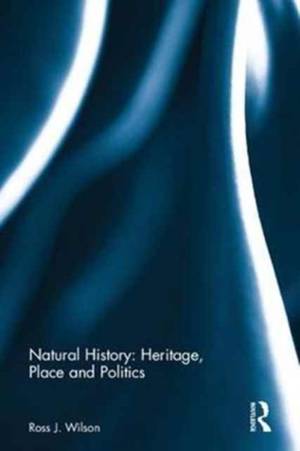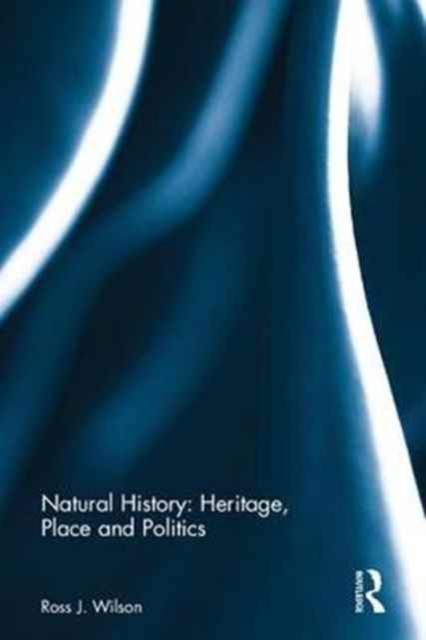
- Afhalen na 1 uur in een winkel met voorraad
- Gratis thuislevering in België vanaf € 30
- Ruim aanbod met 7 miljoen producten
- Afhalen na 1 uur in een winkel met voorraad
- Gratis thuislevering in België vanaf € 30
- Ruim aanbod met 7 miljoen producten
Omschrijving
The concept of 'natural heritage' has become increasingly significant with the threat of dwindling resources, environmental degradation and climatic change. As humanity's impact on the condition of life on earth has become more prominent, a discernible shift in the relationship between western society and the environment has taken place. This is reflective of wider historical processes which reveal a constantly changing association between humanity's definition and perception of what 'nature' constitutes or what can be defined as 'natural'. From the ornate collections of specimens which formed the basis of a distinct concept of 'nature' emerging during the Enlightenment, this definition and the wider relationship between humanity and natural history have reflected issues of identity, place and politics in the modern era.
This book examines this process and focuses on the ideas, values and agendas that have defined the representation and reception of the history of the natural world, including geology and palaeontology, within contemporary society, addressing how the heritage of natural history, whether through museums, parks, tourist sites or popular culture is used to shape social, political, cultural and moral identities. It will be of interest to scholars and practitioners within heritage studies, public history, ecology, environmental studies and geography.
Specificaties
Betrokkenen
- Auteur(s):
- Uitgeverij:
Inhoud
- Aantal bladzijden:
- 222
- Taal:
- Engels
Eigenschappen
- Productcode (EAN):
- 9781472470461
- Verschijningsdatum:
- 2/08/2017
- Uitvoering:
- Hardcover
- Formaat:
- Genaaid
- Afmetingen:
- 156 mm x 234 mm
- Gewicht:
- 503 g

Alleen bij Standaard Boekhandel
Beoordelingen
We publiceren alleen reviews die voldoen aan de voorwaarden voor reviews. Bekijk onze voorwaarden voor reviews.











